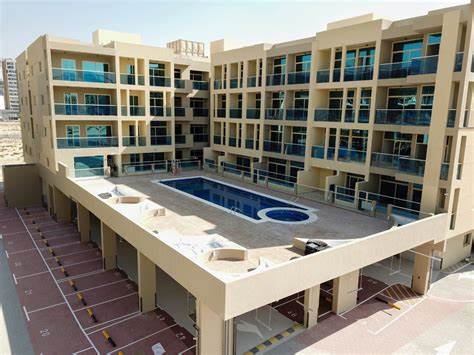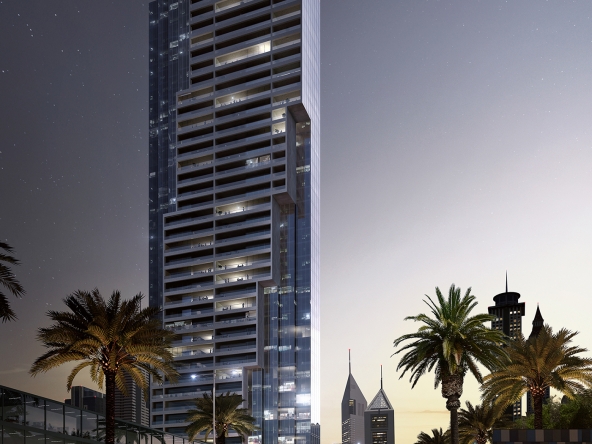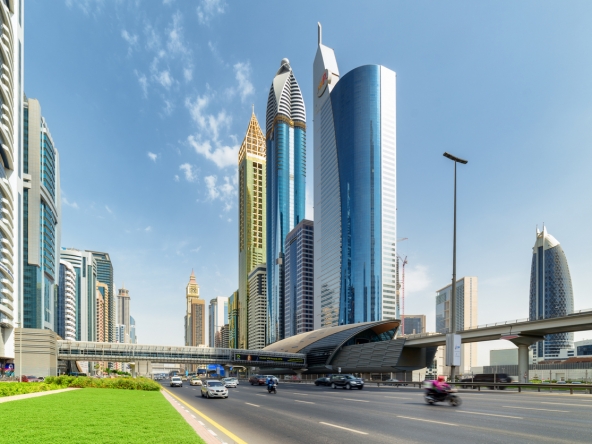The UAE Ministry of Climate Change and Environment recently launched the National Air Quality Strategy (2021-31), which focuses on the implementation of cleaner and innovative technologies to provide high-quality (IAQ) in buildings, as part of our country’s visionary leadership to improve the wellbeing of citizens across the country and accelerate the transition to a green economy. These efforts include, among other things, developing and improving national air pollution standards, establishing a stellar air quality monitoring network based on artificial intelligence, and investing in smart technologies for contaminant detection. This is a compelling argument for transforming the built environment to provide cleaner air, fewer pollutants, and lower emissions for everyone.
There is certainly a greater understanding of the relationship between indoor air quality (IAQ) and health. People are becoming more aware of the benefits of healthier environments, making indoor air quality a highly sought-after component and a priority when deciding where to live, work, or study.

Today, developers recognize the growing interest and need for improved indoor air quality and are willing to restructure their business plans and objectives in order to provide IAQ-focused service offerings to their customers. However, there is still a long way to go. To achieve indoor air quality, you must go above and beyond the green building guidelines. It requires an understanding of the best practices for air quality, followed by their implementation using smart technology and home automation systems such as IoT sensors and other advanced softwares that can analyze the Indoor and Outdoor air quality on a regular basis.
Some of the key market forces driving the importance of IAQ in real estate include:
• Increased health and safety standards: Fresh breathable air free of health-threatening contaminants is no longer an option, but a requirement, given that most people spend the majority of their time indoors, whether in their homes, offices, or other public spaces. Before investing in a property, buyers or tenants seek as much information as possible about it. It is critical that they understand that the developer is concerned about their evolved choices that are eco-friendly and more sustainable in nature, with IAQ being a key requirement. Exposure to indoor air pollution can have short term or long-term health effects and therefore, deploying smart ventilation strategies that focus on the health and maintenance of indoor air quality becomes the developers responsibility.
• Social Purpose and Sustainable Strategies: Responsible real estate is now. With built environments accounting for a significant portion of carbon emissions, the real estate industry has accelerated its focus on sustainable strategies and social purpose in order to create places that promote healthy lifestyles, safety, and wellbeing. Developers are concerned about the environmental impact of their real estate holdings and are willing to invest more in order to achieve better long-term results.
• Competent ventilation provisions are required by post-pandemic protocols. Following the pandemic, many organizations have embraced a work-from-home or hybrid work culture. This means, people are spending more time indoors and need to be assured that the air they breathe indoors, day-in, day-out is clean and free of pathogens, volatile organic compounds and other air pollutants. Hence, it has become important for developers to invest in smart automation technologies that can analyze and monitor the indoor air quality from time to time with sensors and advanced softwares with key focus on the overall health and wellbeing of the occupant.



